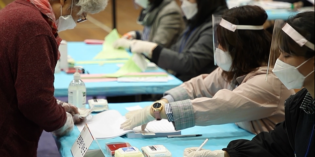
Electoral officials need more money to run elections during Covid-19
Erik Asplund, Toby James and Alistair Clark audit the additional costs countries are facing to run safe and accessible elections during the Covid-19 pandemic. They argue it is vital that election management is sufficiently well funded during this crisis to maintain voter participation and trust in electoral outcomes.
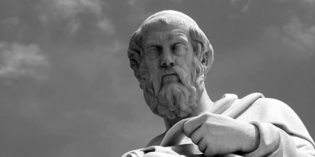
The Covid-19 pandemic has exposed why we urgently need to re-imagine democracy
Clodagh Harris and Ian Hughes argue that, as established democracies face numerous short- and long-term crises, we must re-imagine democratic institutions to be more inclusive, participatory and deliberative. Only then can democracies resist the threat of increasingly despotic leaders and tackle global threats, including the climate crisis.

If there is a public inquiry into Covid-19, what will it look like?
Nick Dickinson draws on previous inquiries to discuss what a public one into the Covid-19 crisis may look like. He concludes that, while an inquiry into the government’s response may be necessary for evaluating what went right and what went wrong, an inquiry should nonetheless not be seen as inevitable nor the most useful way to provide accountability.

Book Review | Peter Shore: Labour’s Forgotten Patriot by Kevin Hickson, Jasper Miles and Harry Taylor
In Peter Shore: Labour’s Forgotten Patriot, Kevin Hickson, Jasper Miles and Harry Taylor looks back at the ‘lost Eurosceptic tradition’ within the Labour Party’s history by examining the life of the largely neglected front-rank politician, Peter Shore. This skillfully crafted and revealing biography not only reappraises Shore’s career, but uses this as a lens to examine salient issues in the historical development of the Labour Party, writes Patrick Diamond.

The case of Catalonia: understanding the political use of de facto independence referendums
Independence referendums are comparatively rare – and even more so when conducted without the approval of the relevant central government. Jaume López and Marc Sanjaume-Calvet assess the case of Catalonia in 2017, and how the differing strategic priorities and culture of Spanish and Catalonian governments led to the referendum, repressive counter-measures and resulting stalemate.
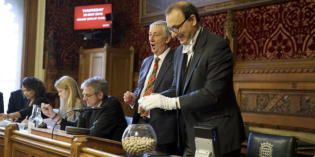
How Private Members’ legislation improved local government social value
Chris Game assesses the efficacy of one of Parliament’s most antiquated procedures, the Private Members’ Bill, and finds that, though they have proliferated to little effect, in some notable cases, including local government procurement, they have instigated considerable reform.
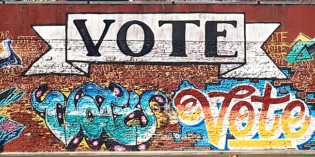
It is time for automatic voter registration in the UK
Ahead of each UK election, there is a rush to get people registered to vote, and confusion about who is already registered. In a new report Toby James and Paul Bernal set out how to improve the system while protecting data privacy, through automatic or assisted voter registration, and so widen access to democratic participation.
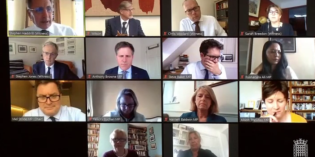
Bedding down, treading water and taking two steps forward: gender equality and the 2019–20 House of Commons select committee elections
Stephen Holden Bates, Stephen McKay and Mark Goodwin assess the gender balance on the newly elected select committees, and their chairs, and find there have been clear improvements in some areas. However, further progress cannot be assumed, and they recommend Parliament considers more reforms to improve representation within its committee system.

Covid-19 lockdowns: early evidence suggests political support and trust in democracy has increased
Making use of cross-country European survey data that was fielded both before and after Covid-19 lockdowns were implemented, André Blais, Damien Bol, Marco Giani and Peter Loewen find that support for the incumbent leader, support for government in general, and trust in democracy have all increased in the short term.





 Democratic Audit's core funding is provided by the Joseph Rowntree Charitable Trust. Additional funding is provided by the London School of Economics.
Democratic Audit's core funding is provided by the Joseph Rowntree Charitable Trust. Additional funding is provided by the London School of Economics.